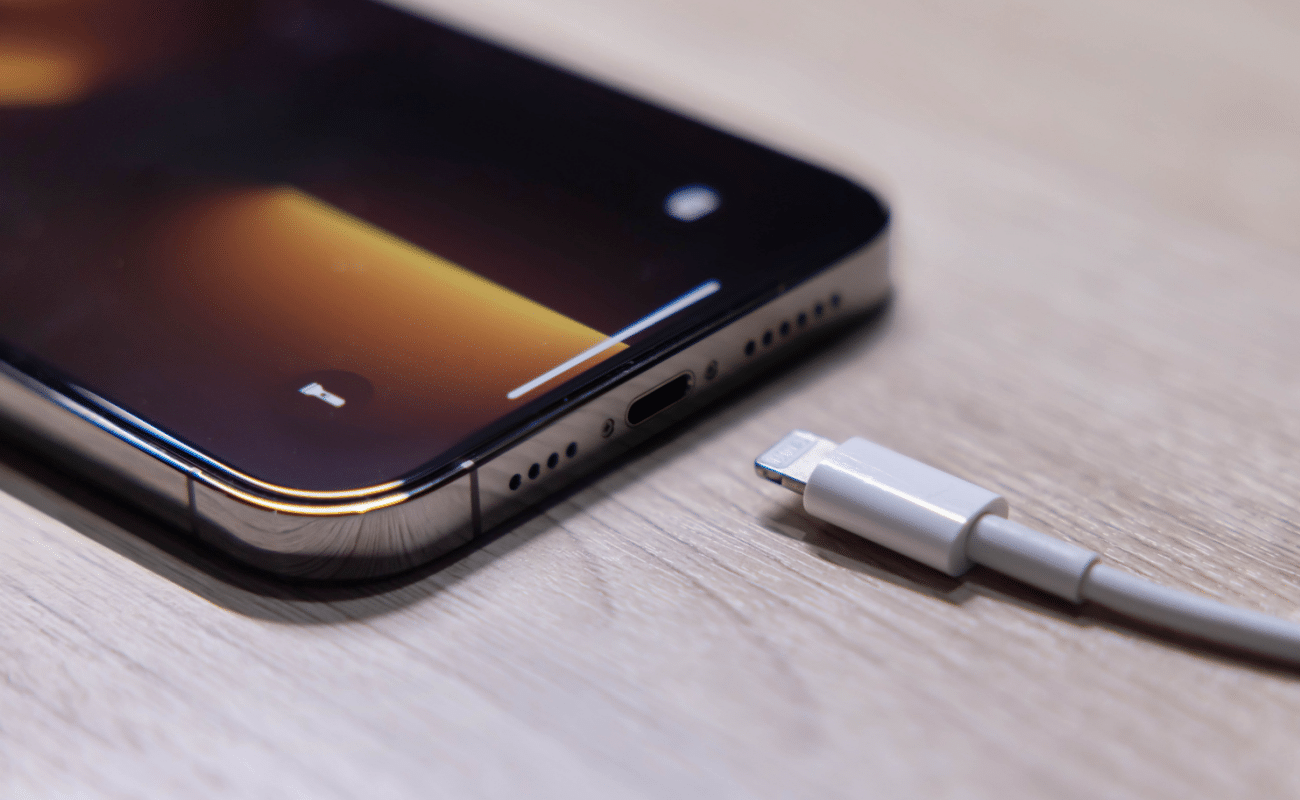If you've ever woken up on a rainy day and had a harder time getting out of bed than usual, you're not alone. And it's not (just) about laziness either – science explains why rain tends to make us sleepy: it's linked to how the weather affects our bodies.
Read more:
Climate Vs. Sleeps
Laziness may be one of the factors that make life difficult on rainy days, but it is not the only factor. It also highlights the location IFLScienceThe ultraviolet rays found in sunlight stimulate the release of serotonin (“the happy hormone,” responsible for alertness and good mood) and decreased melatonin production (responsible for inducing sleep, and when production decreases, stay alert).
Since rainy days are usually accompanied by dark clouds, exposure to sunlight is reduced, so the hormones go in the opposite direction: less serotonin and more melatonin.
According to Darius Laghmani, a sleep specialist at Christ Advocate Medical Center in the United States of America, the environment we are in affects our sleep. For example, if we are used to sleeping in a dark room, a bright place can make this difficult.
Humidity and pressure
Humidity can also justify “laziness.” When it rains, the environment becomes more humid. In response, the body works harder to maintain a constant temperature, which requires energy and makes us more tired.
Another factor is pressure. If rain turns into a storm, the atmospheric pressure becomes lower, reducing oxygen levels in the air. This can cause people to be deprived of oxygen (even if only mildly), causing drowsiness.
The sound of rain also makes you sleepy!
If you think that the sound of rain helps you sleep, then you are scientifically correct.
Rain is a type of pink noise, a low, soft sound with a specific audio frequency spectrum that helps you fall asleep (and stay sound) and prolong your memory. Additionally, it blocks other ambient noise that can disturb your sleep.

How to feel less sleepy on rainy days
Excessive sleeping on rainy days can be a symptom of seasonal affective disorder (SAD), which is depression related to climate or seasonal changes. Although it can occur at any time of the year, many researchers link seasonal affective disorder to decreased light levels during the winter.
A potential treatment to end sleep in these cases is phototherapy, a technique that increases exposure to ultraviolet light and stimulates (or inhibits) hormone production.
At lower levels, where laziness speaks more strongly, the secret may be physical exercise, hydration, and a balanced diet.

“Hardcore beer fanatic. Falls down a lot. Professional coffee fan. Music ninja.”




:strip_icc()/i.s3.glbimg.com/v1/AUTH_cf9d035bf26b4646b105bd958f32089d/internal_photos/bs/2024/V/B/OB9rpAQZ21RtkRUrvXgA/youtube-thumbs-poer.jpg)


More Stories
What is the ideal running time to lose belly fat?
With science and dialogue, Otinga State Park celebrates 31 years
Money Dose: The Science Behind the ‘No’ That Doesn’t Come Out Why is Saying No So Hard?